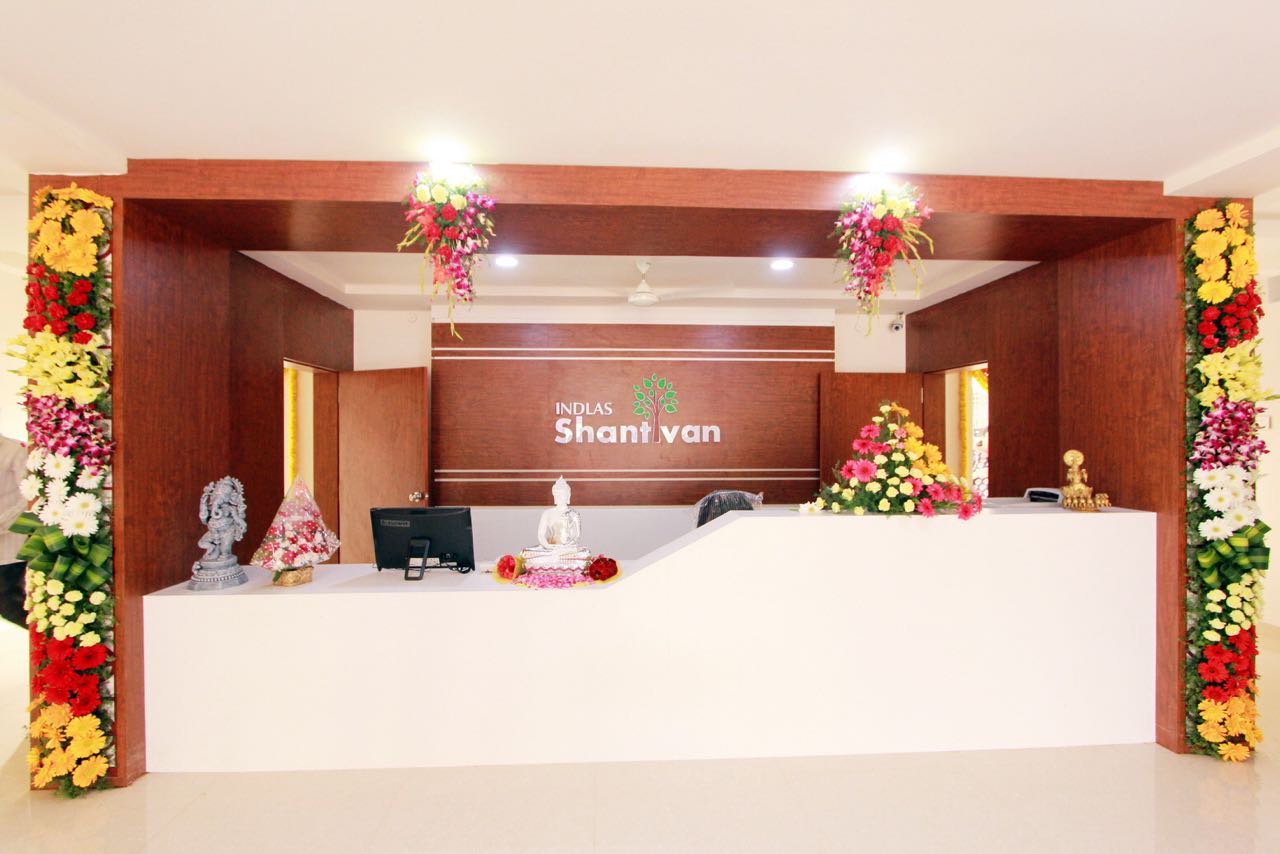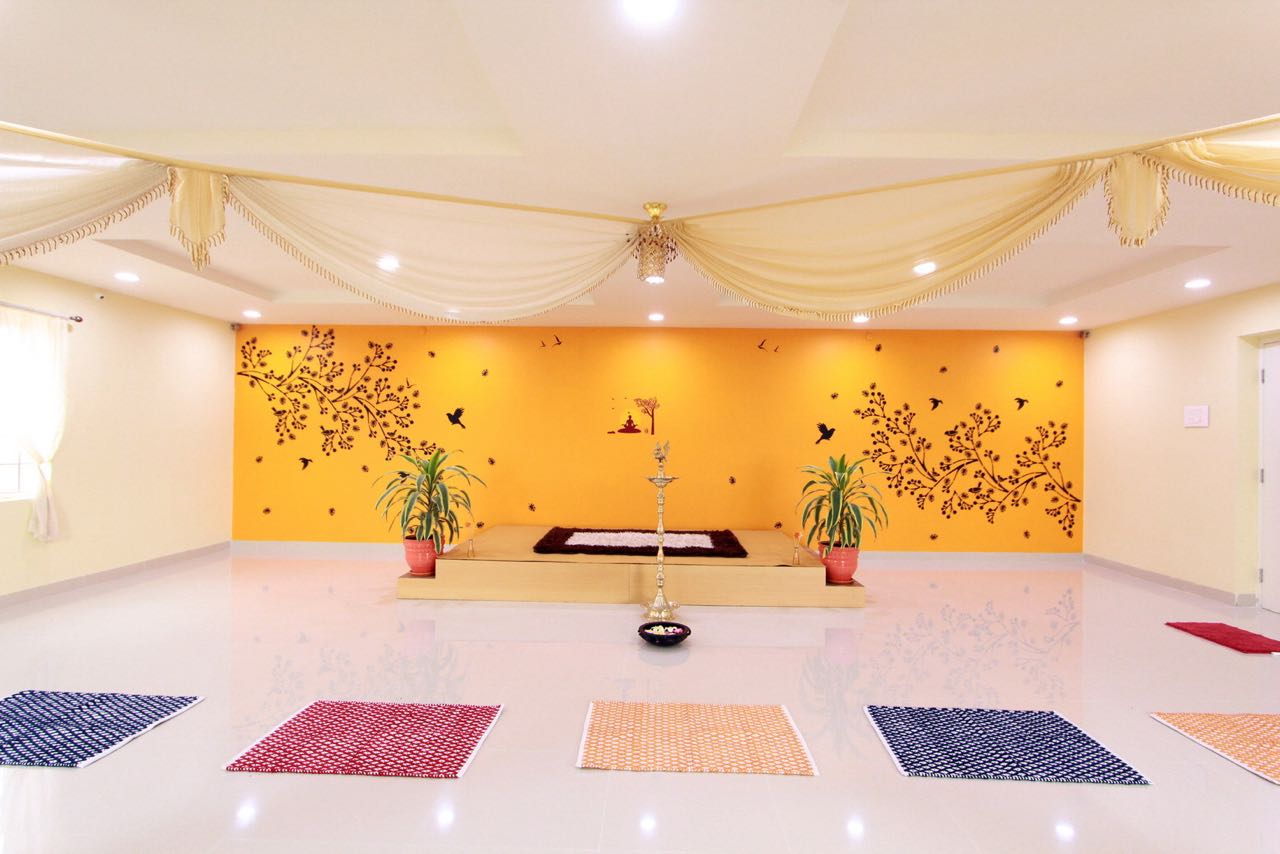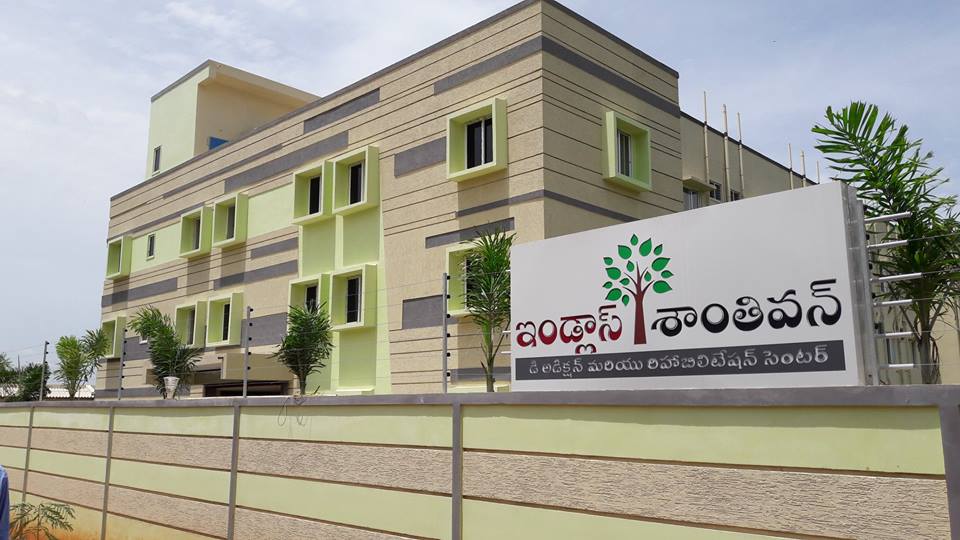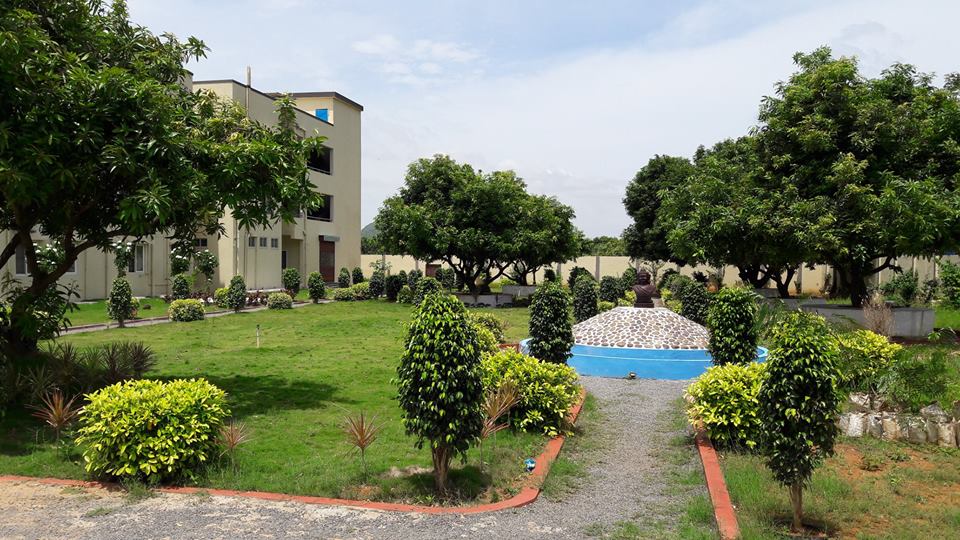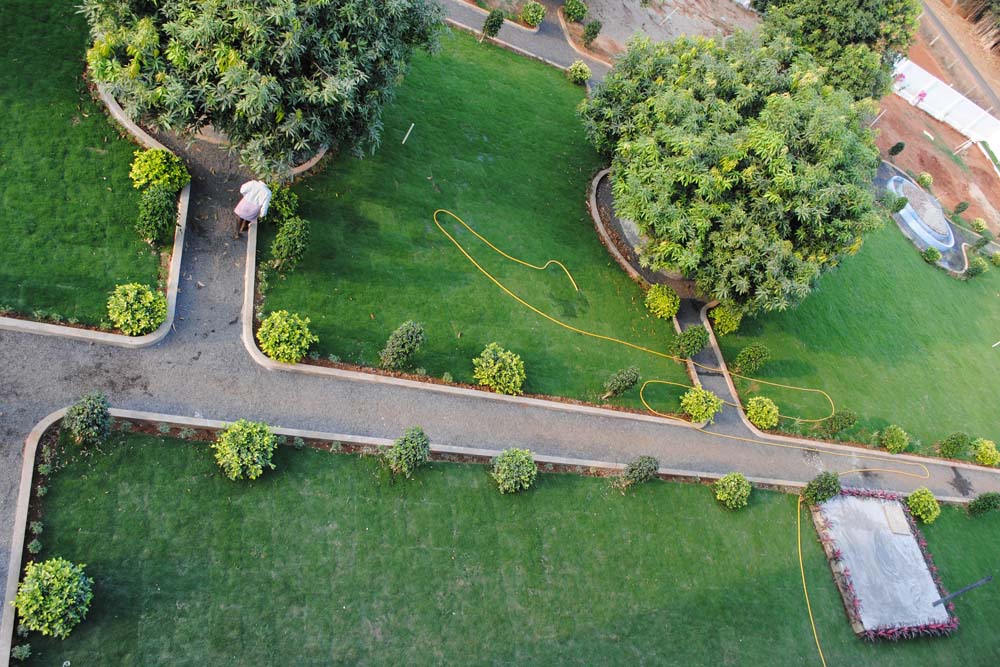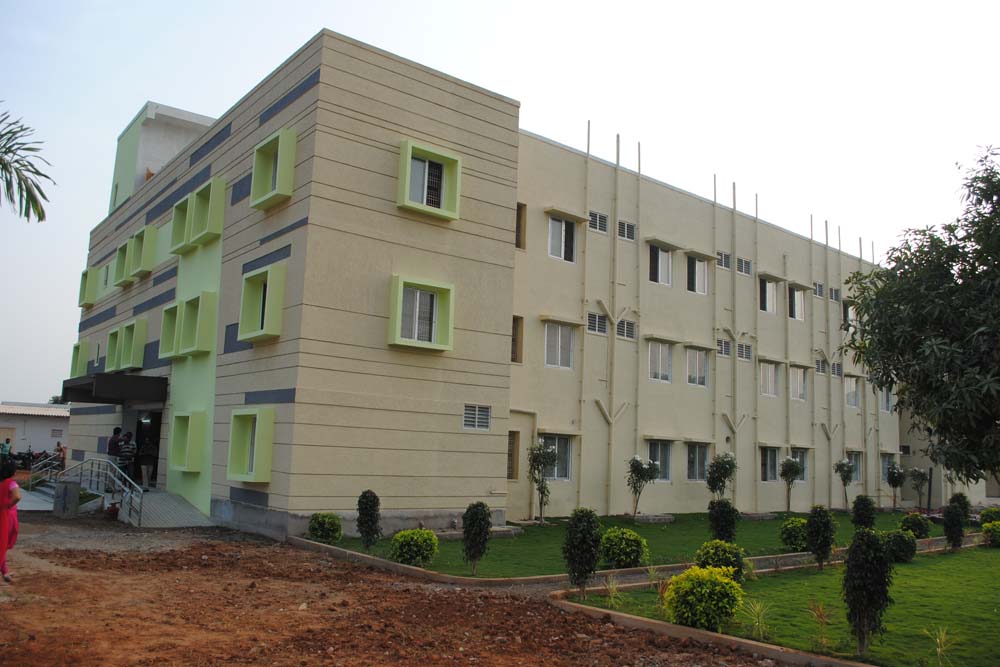Inpatient Care
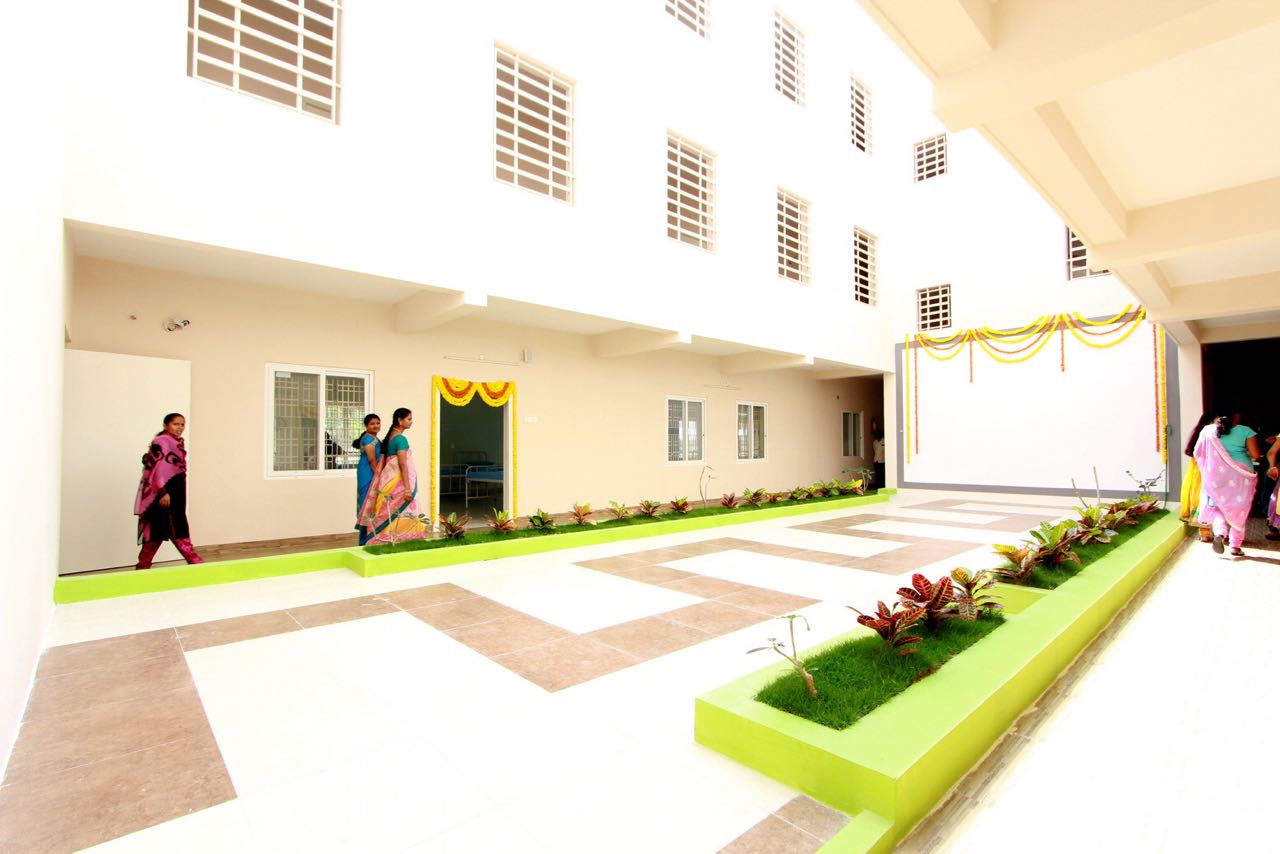
We believe that the needs of each and every patient are different so each patient is assigned to psychiatrist and psychological counselor who plan and executes the patient"s management and recovery plan based on the inputs from the team on a daily basis.
We provide following services (other than pharmacological management) to our inpatients:
- WITHDRAWAL MANAGEMENT
- COMPREHENSIVE MEDICAL ASSESMENT
- THOROUGH PSYCHIATRIC ASSESMENT
- INDIVIVUAL COUNSELLING SESSIONS
- Setting GOALS
- ACTIVITY SCHEDULING:
Establishing a regular daily routine can greatly contribute to a patient"s return to health. Daily life on the unit follows a structure that includes group and individual therapeutic activities, nutrition, and rest. The following are some of the activities planned in the premises.
- a) YOGA/MEDITATION : Research suggests that meditation improves certain psychological disorders like anxiety, addiction, aggression, suicidality and depression. We ensure and provide the above services to the suitable in mates.
- b) EXERCISES: Our center provides bodily healing through nutrition education, physical activity and massage therapy. Abusive drugs greatly damage the body, and patients must learn the importance of taking care of their bodies. We encourage some form of physical activity to prevent boredom and depression, which can often lead back to addiction.
- c) JPMR : JPMR is a highly relaxing and scientific exercise that is very helpful to reduce anxiety and stress ,is taught to whosoever might benefit from it.
- Recreational Activities : Patients must learn how to cope by interacting with people without the substance abuse. Creative activities, such as painting or playing music or games, can encourage people to learn social skills that are not drug dependent. A volley ball court, a gymnasium, cricket and a host of indoor games are available and periodic competitions are held to build team spirit , bonding among the inmates and most importantly enhance their self esteem.
- MOTIVATION ENHANCEMENT TRAINING : For those with substance addiction , motivation enhancement training is imparted by qualified clinical psychologists and psychiatrists to ensure a lasting change.
- Group Therapy: Though our treatment are very individualized, for certain conditions like drug abuse, eating disorders, personality disorders, victims of abuse group therapy helps rekindle their spirits and gives them a great chance for introspection. Our specialized protocols and trained moderators ensure success of these programs.
- CONGNITIVE AND BEHAVIOURAL THERAPY(CBT) : CBT is a time tested therapy for patients with Depression, OCD and in some personality disorders. Patients suitable for above therapies are given 15-20 sessions of CBT.
- DIALECTIC BEHAVIOUR THERAPY (DBT):
- AUDIO VIDEO THERAPY :Every week, movies with relevant mental health themes are screened in the open air theatre at the center. These movies are carefully selected and a discussion ensues after watching the movie. Cinema or Movie therapy is a potent way of helping patients look at their own conflicts and discuss them more openly.
- MINDFULNESS TRAINING : Mindfulness training conducted by experts on ancient therapaeutic meditation techniques discovered by Lord BUDDHA is a great curer is imparted to suitable candidates.
- Reflection Sessions : Aimed at creating better insights into one"s own deficiencies and to help patients avoid blame game and denial.
FAMILY INTERVENTIONS AND MEETINGS : Helpful in identifying and eliminating stressors, preventing relapses, improving coping skills, improving bonds between the family members.
RELAPSE PREVENTION : Identifying triggers and cues ,dealing with them.
FAMILY COMMUNICATION : Every month, sessions with family members on the progress of the patient will be taken.


